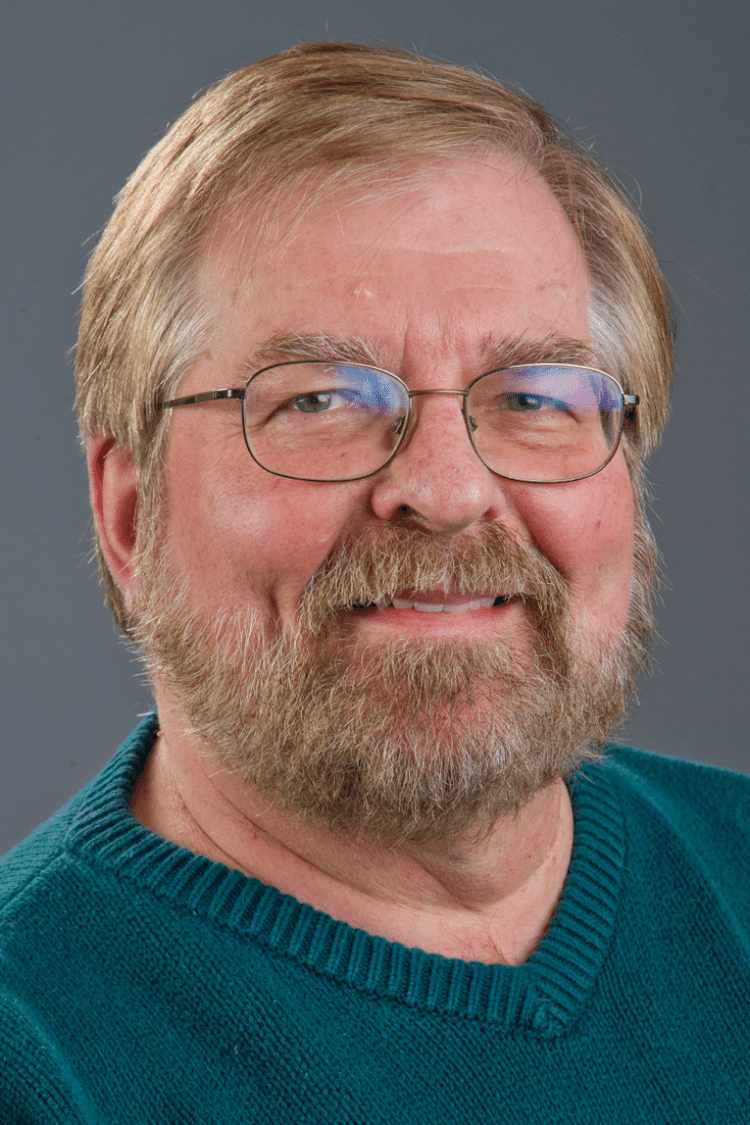English Professor James Plath to Live and Work at Mark Twain’s Summer Home
February 16, 2023
BLOOMINGTON, Ill. — While living at Mark Twain’s summer home, Illinois Wesleyan Professor and R. Forrest Colwell Endowed Chair of English James Plath will explore the potential connections between the works of American authors Mark Twain and John Updike as a 2023 Quarry Farm Fellow.
Located in Elmira, New York, Quarry Farm was owned by the family of Twain’s wife, Olivia Langdon. The Farm served as the backdrop for many milestones in Twain’s life — the births of three of his daughters and the compositions of several of his literary works, including “The Adventures of Huckleberry Finn.”

Plath senses that the Farm will also allow him to be productive while he works on his fellowship project; highlighting the ways Twain inspired Updike’s experience as a writer. The fellowship is sponsored and administered by the Center for Mark Twain Studies .
"In 2002, Updike wrote the foreword to the Hesperus Press publication of 'The Diary of Adam and Eve,' and what he said about Twain reveals much about himself and a connection with Twain that has yet to be explored," Plath said. "Not so much as a literary influence as it is a literary kinship, a connection with a past literary figure who modeled attitudes and behaviors that spoke to Updike generations later."
Before Plath’s travels take him to New York in October to study the connection between Twain and Updike’s works, they will take him across the country for various endeavors.
In May, Plath will travel to Boston, Massachusetts, to participate in a panel on “The Centaur at Sixty: Revisiting John Updike’s Ulysses” at the American Literature Association conference.
Then in September, Plath will take part in the 7th Biennial John Updike Society Conference held in Tucson, Arizona. As president of the John Updike Society, Plath has led the effort to restore Updike’s childhood home and convert it into a museum. Following the conference and just before he travels to Quarry Farm, Plath will have the opportunity to stay in the condos that Updike owned and spent time in every year.
Plath is excited by the novelty of the opportunity — “the kismet of writing a comparative essay on Twain and Updike while getting to live and work at places where they both lived and worked.”
However, he is most excited by “the prospect of discovery and surprise.”
“Just poking around the house and the property, imagining Twain doing the same, and looking through the Quarry Farm Twain materials and nearby archives with the ever-present feeling that I could find something others may have overlooked. A book, a page, a small detail…,” said Plath.
Plath's previous experience staying at the home of an author was in the early days of restoring the Updike house in Shillington, Pennsylvania.
“Staying in the house alone, you get to notice all sorts of things. I was able to pick up on a plumbing problem just by leaning over the sink to brush my teeth. That turned out to be a big job for the local plumber the following day,” Plath said.
In the process of restoring what needed to be fixed, Plath also made smaller discoveries, like a group of marbles “clumped together like a little beaded nest” under a loose floorboard. Plath consulted Updike’s childhood friend Harlan Boyer, who speculated that Updike was probably using a slingshot to shoot marbles out the back window and “may have hit something he wasn’t supposed to, panicked, and hid them under the loose floorboard.”
The fact that the window provided a perfect view of Updike’s childhood school made the story easy to believe, according to Plath.
“I don’t know what experiences I’ll have in Tucson or Elmira, but it’s the surprise factor and the possibility of small discoveries that excite me every bit as much as the planned project — not that I’ll be looking for loose floorboards in either place,” he said.
By Maria Harmon '23